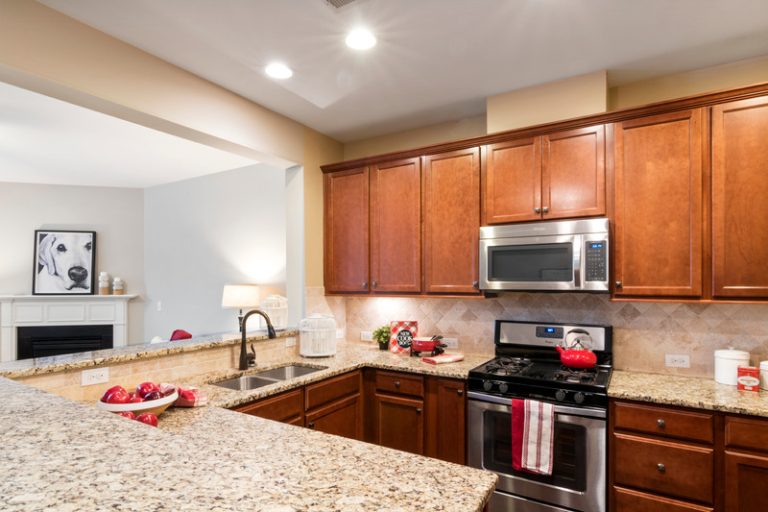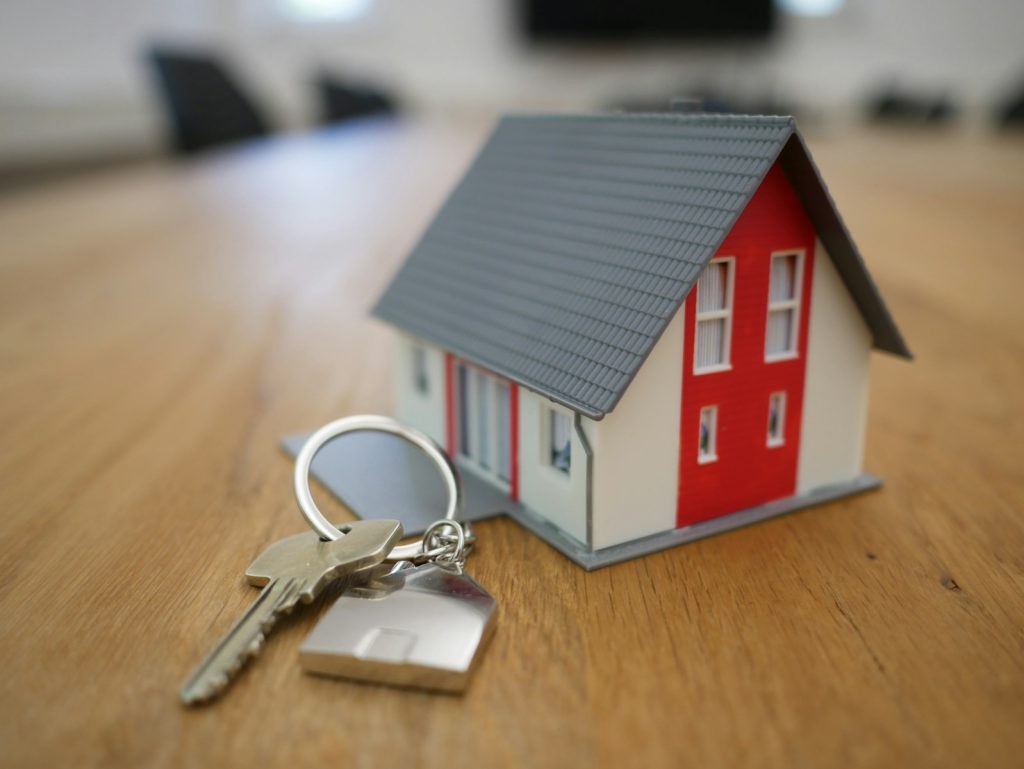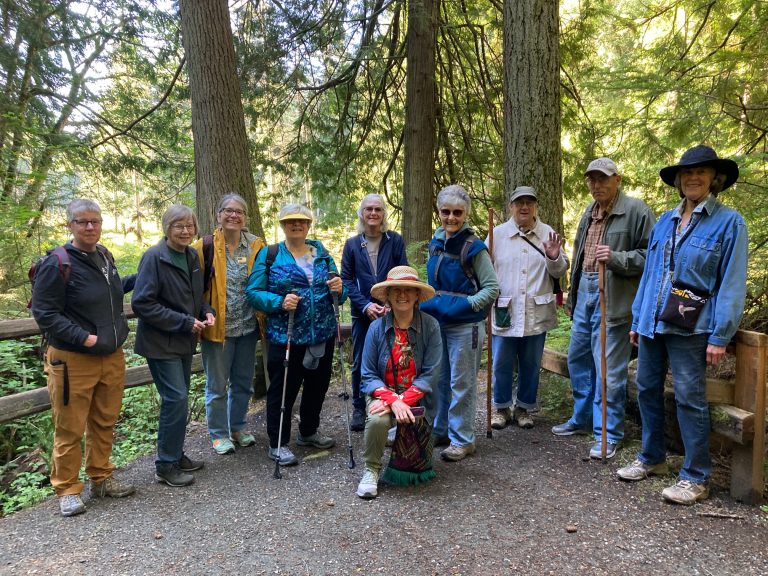Article Submitted by Brandi Braley, Licensed Mortgage Advisor

A reverse mortgage is a loan available to homeowners aged 62 and over that can turn the equity locked in their home into tax free cash without having to make any monthly mortgage payments so long as they comply with the loan terms, which include paying property taxes and homeowner’s insurance and maintaining the home.
Different than the Tradition Mortgage
The loan is called a reverse mortgage because the traditional mortgage payback stream can be reversed. Instead of making monthly payments to a lender, as with a traditional mortgage, the lender makes monies available to the borrower and the borrower dictates the payment plan. An important note that many are unaware of, you CAN make payments on a reverse mortgage of any size, at any time, however no payments are REQUIRED. Of course if limited payments are made then the balance of the loan will continue to grow or go “in reverse” if no or limited payments are made.
Help You Stay in Your Home
The product was conceived as a means to help seniors use the accumulated equity in their homes to cover basic monthly living expenses. One of the many reasons homeowners choose the reverse mortgage is they remain the owner of their home and can stay in your house under normal circumstances, but please understand foreclosure may occur if you do not pay your taxes and insurance, maintain the home, and otherwise comply with the loan terms. There is no restriction for how reverse mortgage proceeds can be used, including paying off existing lien(s). In fact since its inception over 22 years ago the mortgages have been used to pay off existing mortgages, for home improvements, a second home, paying off large expenses or simply having extra funds to maintain or improve a quality of life. The needs and choices vary upon each individual circumstance.
Impact on Insurance & Social Security
Generally, Social Security and Medicare are NOT affected by obtaining a reverse mortgage. A mortgage is considered a loan, and not income. Some needs based benefits such as Medicaid and Supplemental Security Income (SSI) may be affected.
My Responsibility in a Reverse Mortgage Loan
Borrowers are not required to pay back the loan until the home is sold or otherwise vacated. As long as they live in the home, they are not required to make any monthly payments towards the loan balance, but you must remain current on your property taxes, maintain the property, and pay the homeowners insurance, and condominium fees (if they live in a condo).
Two Types of Reverse Mortgage Loans
There are generally two types of reverse mortgage products available, a fixed rate, and an adjustable rate.
Most fixed rate products require all available monies be drawn at closing. These are typically used for those paying off an existing home loan or paying off existing obligations.
Adjustable rate products are set up as a home equity line of credit whose interest rate can fluctuate. The advantage of these products are many, one of which is that the borrower is only paying interest on monies actually utilized and the remainder is left in an account that can be accessed for future needs. The unused portion of the credit line actually is increased each year. This acts as a great incentive to restrain the use of the funds so that there will be additional monies available if not drawn at an earlier date.
Paying Back a Reverse Mortgage Loan
Every loan has to be paid back of course and, under normal circumstances, a reverse mortgage is repaid when the last remaining borrower leaves the home. The loan balance, including any fees and accrued interest, needs to be repaid. This can be done through the sale of the house or through various other options such as a conventional mortgage or refinancing.
Get Counsel from a Third Party
Setting up a reverse mortgage is an important financial decision and it is required that the borrowers be counseled by a third party, separate from the lender. This is to help protect the borrowers from being taken advantage of and provide a safety net in the education process. At Neighborhood Mortgage, we will not take an application on this loan product until the counseling is completed. This is one of our practices to help assure no one is lead into any particular product. but is able to decide based upon an informed and unpressured set of facts.
See original article: What is a Reverse Mortgage Loan?
Directory for Reverse Mortgage Loan & Reverse Mortgage Planner





















